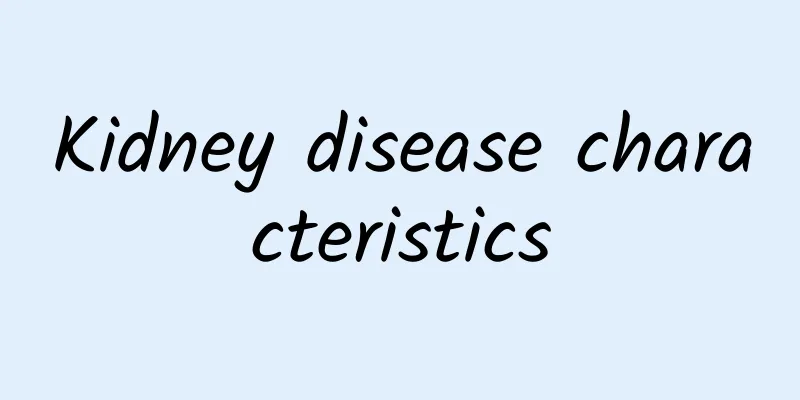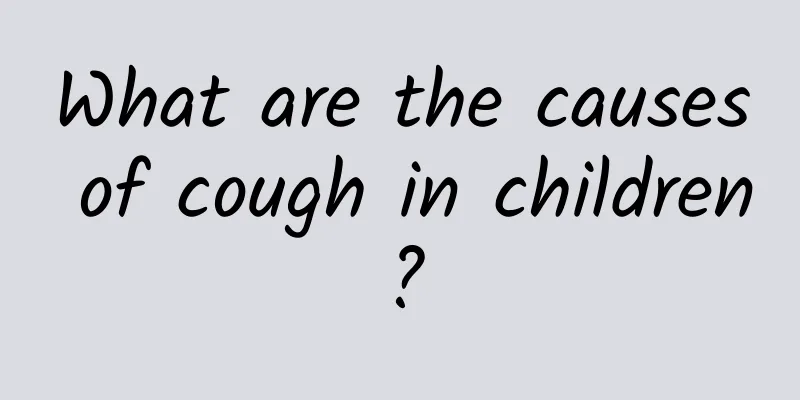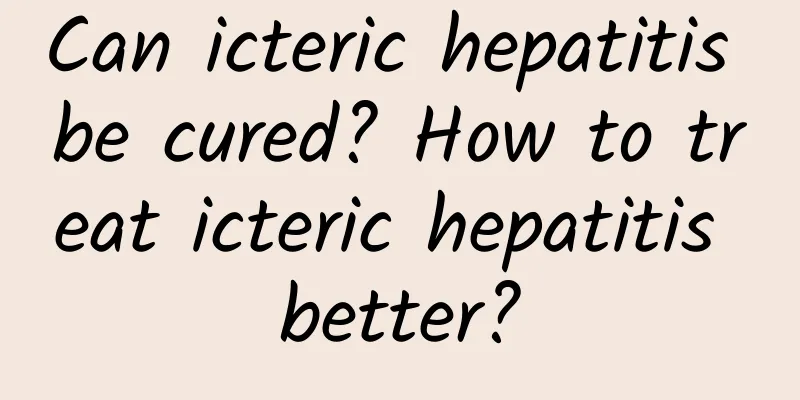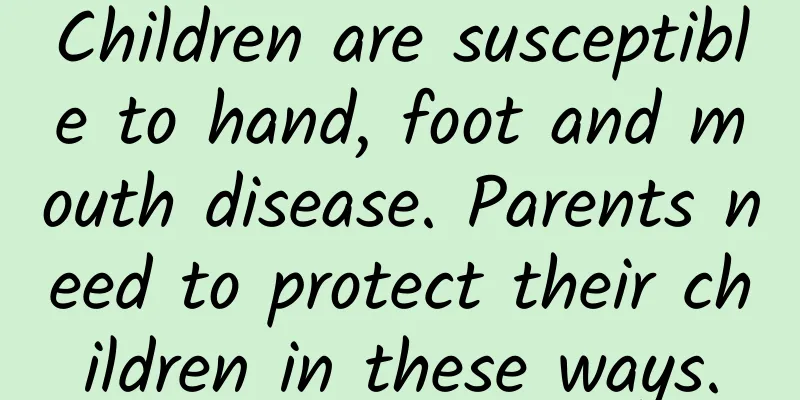What should I do if my newborn has severe jaundice?

|
What should I do if my newborn has severe jaundice? Severe neonatal jaundice is mainly related to neonatal hemolytic disease, sepsis, neonatal hepatitis syndrome, congenital biliary atresia, congenital hypothyroidism and other factors. General treatment, drug therapy, physical therapy and blood exchange therapy can be adopted if necessary. 1. General treatment Children with jaundice need to strengthen their nutrition during the illness. Parents should pay attention to regular breastfeeding to promote bilirubin excretion. At the same time, they also need to closely monitor the yellow staining of their children's skin. When the color deepens, they need to notify 2. Drug treatment Children with neonatal hemolytic jaundice need to use immunoglobulin G and human albumin to inhibit blood cell damage and reduce free bilirubin levels; children with septic jaundice should choose penicillin G, ampicillin, gentamicin, amikacin and other drugs to control infection based on the results of specimen culture; most neonatal hepatitis syndromes are caused by cytomegalovirus infection, and when necessary, ganciclovir and ursodeoxycholic acid can be used to control infection and improve liver function; children with congenital biliary atresia jaundice should undergo portojejunostomy, and ursodeoxycholic acid can promote bile excretion; children with congenital hypothyroidism jaundice should choose levothyroxine sodium tablets and thyroid tablets to increase thyroid hormone levels. 3. Physical therapy Blue light irradiation is a common physical treatment method for neonatal jaundice, which can promote the excretion of bilirubin in neonates. Treatment usually requires continuous irradiation. Pay attention to monitoring the serum bilirubin level and body temperature changes of children, observe children for adverse reactions such as fever, body temperature, diarrhea, rash, etc., pay attention to supplementing fluids to promote urine delivery, accelerate bilirubin excretion, and avoid dehydration of children. 4. Exchange blood therapy Blood exchange therapy is usually suitable for children with high jaundice levels, rapid progression, symptoms of kernicterus, or jaundice caused by severe neonatal hemolysis and severe sepsis. It can directly remove antibodies, free bilirubin and allergic red blood cells in children's plasma. |
>>: What is Hirschsprung's disease in the newborn?
Recommend
Will neonatal jaundice affect intelligence? Beware of the four major hazards of neonatal jaundice
There are different types of neonatal jaundice, i...
What is tics? What are the causes of tics?
Tourette syndrome is a chronic neurological disor...
How long after dinner is it best to drink milk? It is best to drink milk one hour before going to bed
Milk should be a common drink in most families at...
What is the fastest way to supplement calcium? Eating more of these 6 foods can help supplement calcium
Eating sesame paste, dried shrimps, seaweed, must...
Will acute laryngitis in children heal on its own?
Will acute laryngitis in children get better on i...
What is hernia in children and what are the symptoms
Hernias in children need to be taken seriously, a...
How long is the best time to expose your baby to the sun for jaundice?
Most newborns will have jaundice when they are bo...
Best time to treat ADHD
The best time to treat ADHD is between the ages o...
Precautions after pediatric hernia surgery, 4 nursing measures for children after hernia surgery
When a child has hernia, they should be actively ...
Kidney disease prevention in children
The harm of kidney disease in children is greater...
How to treat a child who keeps coughing?
Children have relatively poor disease resistance....
How to treat children's nail malnutrition
Nails are a barometer of health. When a child'...
Know these causes of pneumonia in children? This will effectively prevent the occurrence of pneumonia
Pediatric pneumonia can affect children's hea...
Can hand, foot and mouth disease be transmitted to adults? There is a small probability. Pay attention to the transmission route to prevent it.
Regarding hand, foot and mouth disease, the child...
How to prevent early kidney disease in children
With the improvement of living standards, kidney ...









